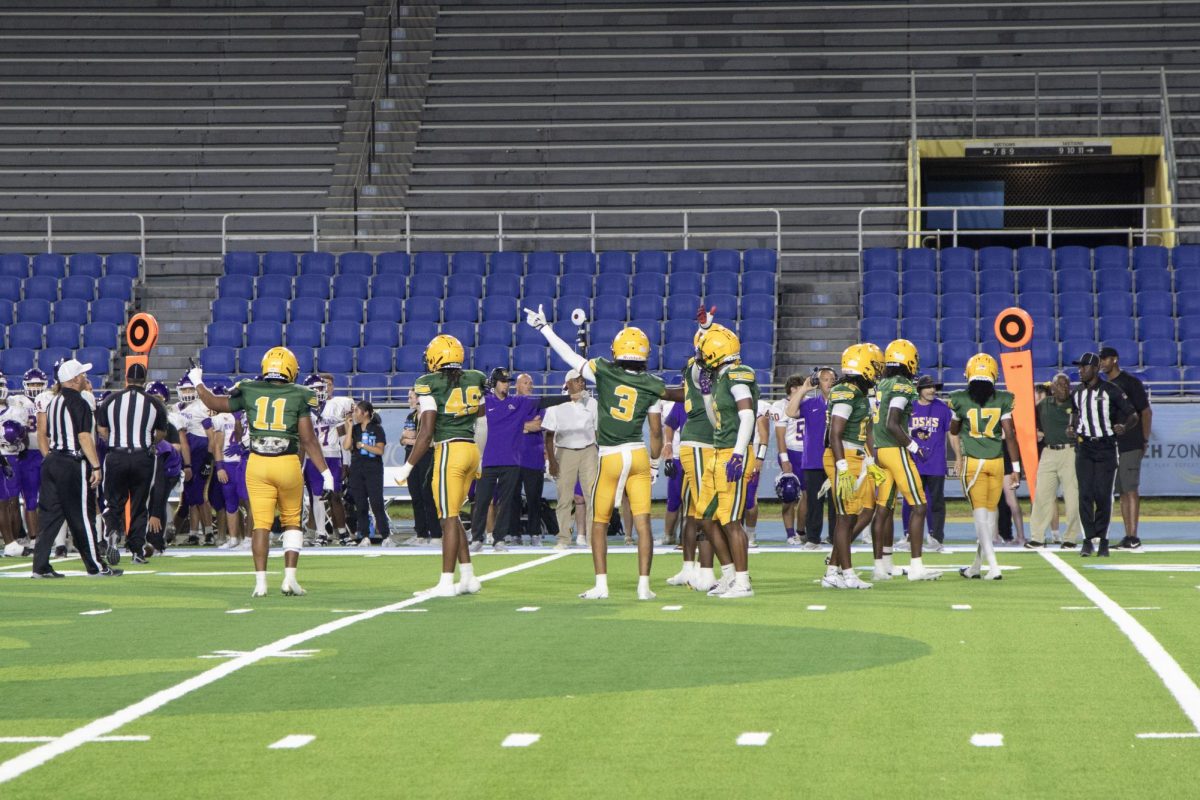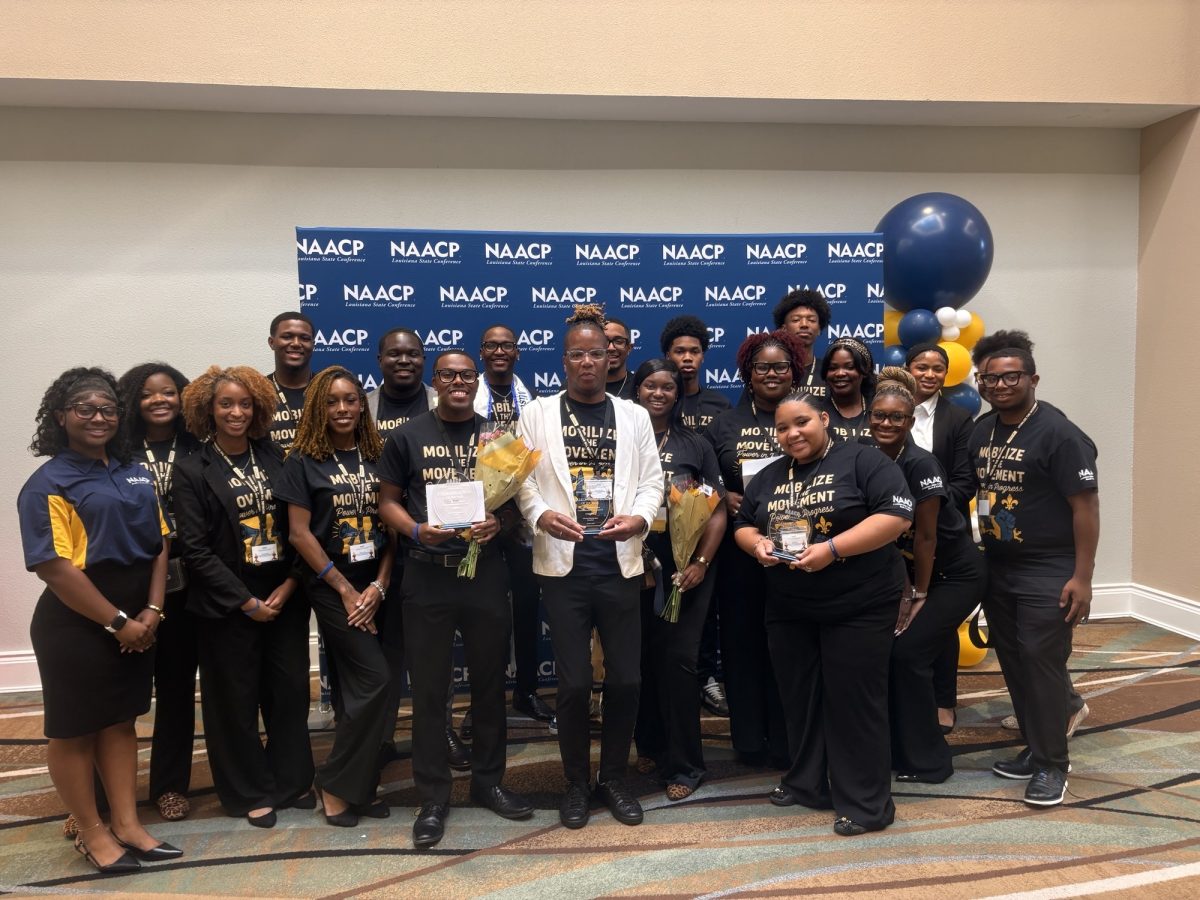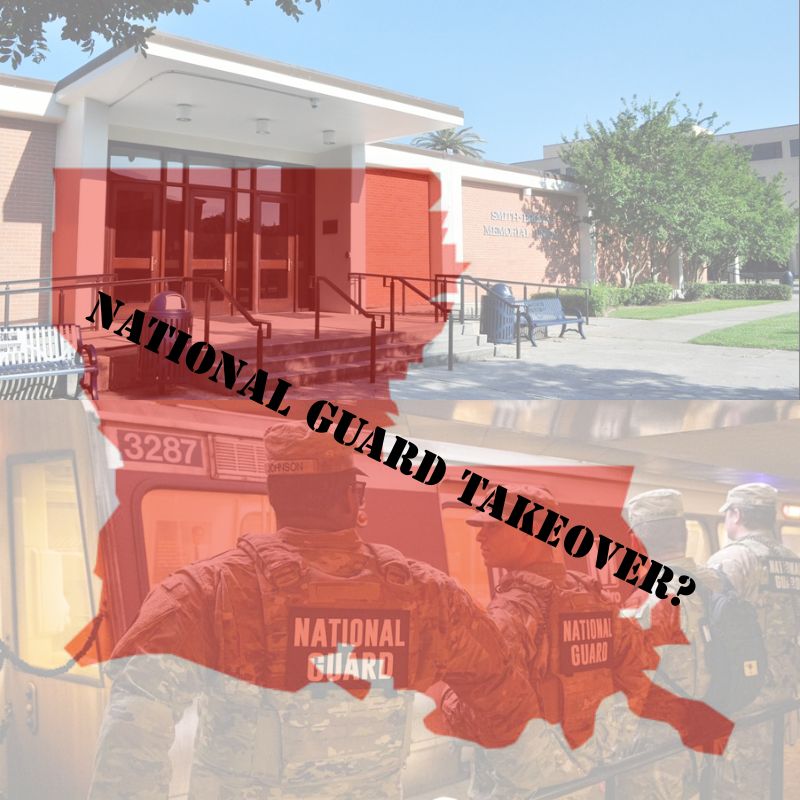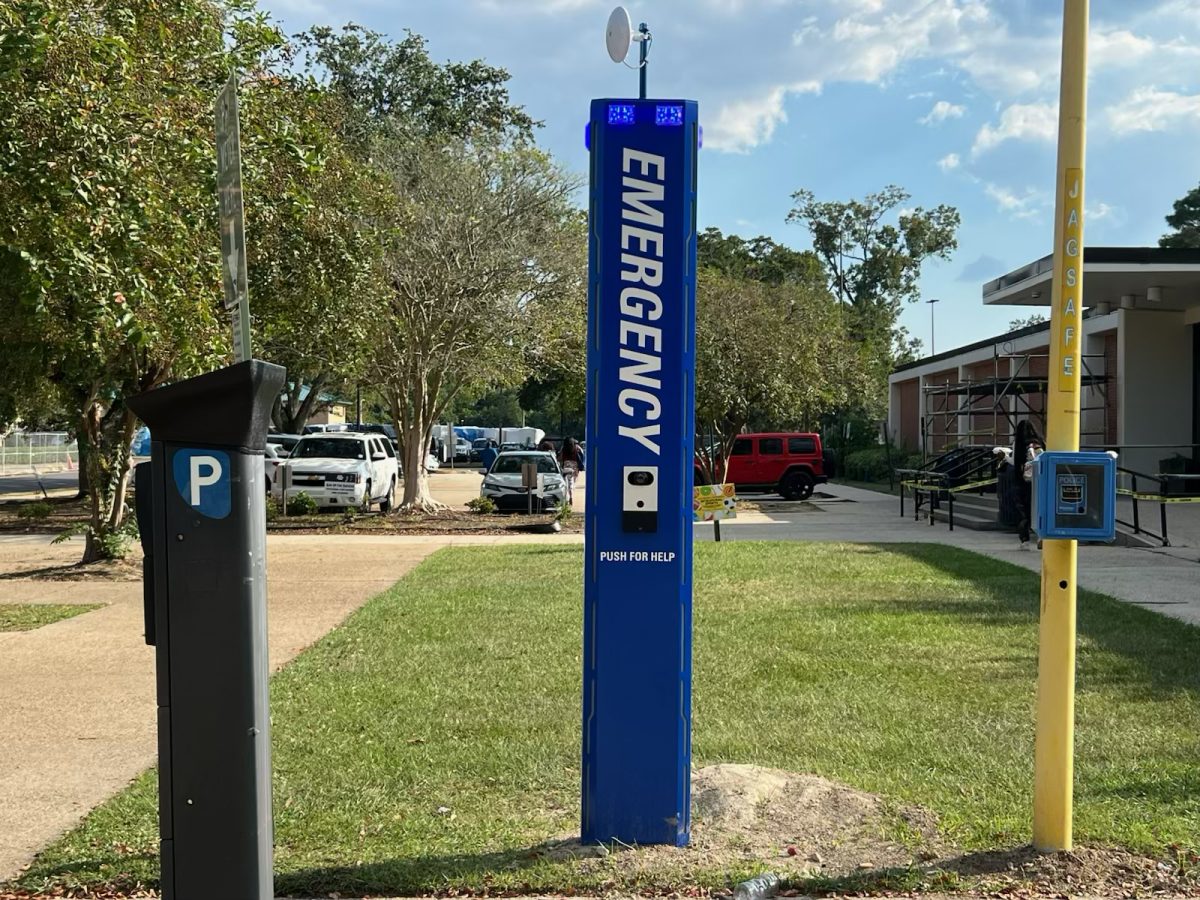For residents surrounding the Gulf of Mexico, hurricane season represents a constant threat as well as a constant reminder of the type of mettle a person needs to be made of in order to live in an area that comes under siege every year. Hurricane season officially started on June 1 and will run until November 30.
During this time, hurricanes may form in the Atlantic Ocean or the Gulf of Mexico, “[hurricanes] start simply with the evaporation of warm seawater, which pumps water into the lower atmosphere…. humid air is then dragged aloft when converging winds collide and turn upwards…water vapor starts to condense into clouds and rain, releasing the heat that warms the surrounding air…as the air far above the sea rushes upward, even more, warm moist air spirals in from along the surface…,” according to NOAA, the National Oceanic and Atmospheric Administration.
Hurricanes, to put it in simpler terms, are tropical cyclones that form due to the warm waters, and wind shears as they produce constant swirls in the air. Hurricanes are assigned a category, first to fifth, based on both wind speed and size, with the fifth category being the most dangerous.
These storms, however, also dump large amounts of rain water across swaths of areas causing flooding, and high wind speeds. Hurricane Harvey, the hurricane that hit Houston in 2017, was a category 4, but most of the damage that the hurricane caused was due to flooding.
This poses problems for campuses around the Gulf as their infrastructure has to be able to handle this extra rainfall. With Southern University, one of the most significant issues we have during hurricane season is the flooding. Whenever we get a simple rain shower, several areas around the campus start flooding, making it hard to walk and drive around the school.When asked about her thoughts on hurricane season, Janesha Hensly, a junior nursing major, says that “I feel hurricane season isn’t talked about more as it should be. We must prepare ahead to avoid hostile situations.”
The Office of Facility Services at Southern have heard the concerns, and are actively working to decrease the amount and severity of the flooding on campus. They have started to fill in the potholes around campus and have also began cleaning the maintenance holes and drains out.
The flooding issue is exacerbated, however, by the large amount of trash produced by students who fail to throw their trash in a disposal bin. By simply making a more concerted effort to clean trash up, not litter, and keep the campus as clean as possible, students can expect to have more accessible and less flooded pathways around the school.
Many students, both in state and out of state, have a justifiable fear of hurricane season, “I am scared of hurricane season in Louisiana. I feel like we can’t handle another storm like Katrina,” comments Daijah Daniels, a nineteen year old criminal justice major. It is also important to note that in the event that a sizeable hurricane is projected to hit Southern University, Southern University has an evacuation plan which can be found on the Southern University website. In the scenario of a hurricane landing while there are students and faculty still on campus, the first thing that would be done is the police department would send out a campus-wide email and message through the Jag Safety app notifying students of the hurricane. If given enough time, students would be able to collect some of their personal items.
Some of the supplies students should obtain in this situation are hygiene items, extra clothing, blankets and pillows, batteries, flashlights, their phones and charger, and possibly extra food. According to the evacuation plan for those who have private vehicles, there will be specific routes available to get off campus as quickly and efficiently as possible.
For the students who do not have a vehicle, they are to evacuate the building they are currently in and to head towards the assigned Evacuation Assembly Area which would be the F.G. Clark Activity Center. Everyone will remain inside the assembly area until there is notice that it is safe.
While planning efficiently may be strenuous, hurricane season is no time to be unprepared. People are harmed, property is destroyed, and lives are forever changed, but there’s a reason New Orleans, Houston, and San Juan are all still standing. We are strong, resilient, and it’s going to take more than a little wind and rain to stop us from being successful.
Categories:
Getting Through Hurricane Season
September 3, 2019
0
More to Discover










